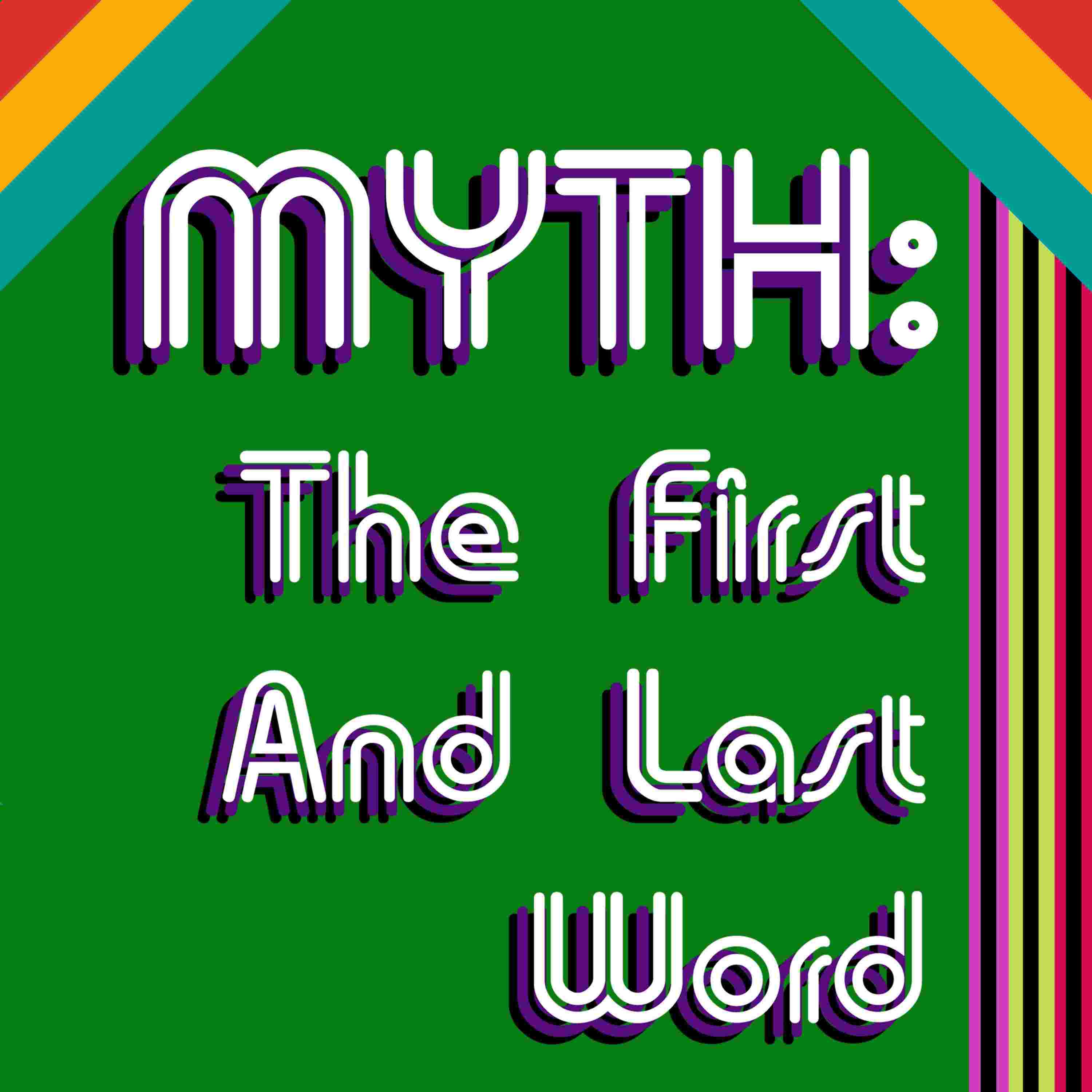

Content Warning: Discussion of classism. Brief discussion of death and misogyny.
In this episode, I continue telling the Bhagavad Gita with the fourth chapter: "Transcendental Knowledge". The text was written in post-Vedic India, responding to the rising popularity of Buddhism via the Vedic scholarship of the Upanishads. This chapter focuses on the mental processes required to attain Krishna Consciousness and pitfalls to avoid in doing so. The Gita was first published in The Mahabharata. The dialogue comes from the end of this long work and has often been republished with purports. I will be telling the version with purports, so as to ascertain cultural attitudes in two different eras of Indian history: during the production of the Upanishads and the 1900s CE. These distinct periods of time represent the original myth and its dialogues respectively.
We'll discuss how the Bhagavad Gita supports metaphorical readings of Holy Texts, how my personal spiritual beliefs conflict and align with the Bhagavad Gita, and how caste systems are implemented via religious conditioning. We'll once again explore the metaphor of Sri Krishna, and thus the god concept. We'll be stripping these confusing spiritual ideas into their human elements, illuminating the ways in which organized religious dogmas reinforce certain human traits and seek to disincentivize others.
You can find all of my work through the following links:
A note on the word "oppression" within this podcast:
While editing I noticed that I reduced the meaning of the word oppression to just physical harm when speaking about religious intolerance. I did this to describe the bounds of RELIGIOUS oppression alone. The critique and even ridicule of religion is particular, in that it does not attack individual people, but rather entire systems of belief. Thus, ridicule does not hold the same oppressive characteristics as it would when used against peoples' identities. Religion is not intrinsic. Intrinsic and uncontrollable extrinsic characteristics such as: gender identity, race, class, sex, sexuality, disability, and ethnicity are readily oppressed in physical, emotional, mental, and even spiritual ways. Religion itself is not.
To be clear: oppression often contains ridicule, vitriol, negligence, ignorance, and (at its most intense) physical harm when applied to a person's identity. Religion as a system is beyond a person's singular identity, thus making it incapable of receiving any oppression save the physical. You'll note that most religious oppression occurs along ethnic/racial/class lines (e.g.: pogroms against Jewish peoples in Tsarist Russia, concentration/reeducation of Uyghur peoples in Modern China, racial profiling of Muslim-Americans after 9/11, etc.). Hopefully that clears up any confusion surrounding my slightly vague use of the word in the context of religion.